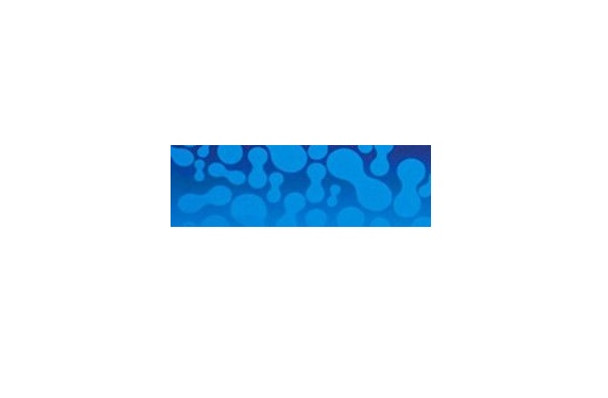Description
Recombinant Human TSC22D1 Protein (His Tag) | PKSH030789 | Gentaur US, UK & Europe Disrtribition
Synonyms: Ptg-2;TGFB1I4;TSC22
Active Protein: N/A
Activity: A DNA sequence encoding the human TSC22D1 isoform 2 (Q15714-2) (Met 1-Ala 144) was expressed, with a polyhistidine tag at the N-terminus.
Protein Construction: A DNA sequence encoding the human TSC22D1 isoform 2 (Q15714-2) (Met 1-Ala 144) was expressed, with a polyhistidine tag at the N-terminus.
Fusion Tag: N-His
Species: Human
Expressed Host: E.coli
Shipping: This product is provided as lyophilized powder which is shipped with ice packs.
Purity: > 92 % as determined by reducing SDS-PAGE.
Endotoxin: Please contact us for more information.
Stability and Storage: Generally, lyophilized proteins are stable for up to 12 months when stored at -20 to -80℃. Reconstituted protein solution can be stored at 4-8℃ for 2-7 days. Aliquots of reconstituted samples are stable at < -20℃ for 3 months.
Molecular Mass: 17.2 kDa
Formulation: Lyophilized from sterile PBS, pH 7.4
Reconstitution: Please refer to the printed manual for detailed information.
Background: TSC22 domain family, member 1 (TSC22D1) is one of the TGF-beta-stimulated clone-22 (TSC-22). TSC-22 was reported to be a differentiation-inducing factor which negatively regulates the growth of salivary gland cancer cells. TSC22D1, which encodes transforming growth factor beta-stimulated clone 22 (TSC-22), is thought to be a tumor suppressor because its expression is lost in many glioblastoma, salivary gland, and prostate cancers. TSC-22 is the founding member of the TSC-22/DIP/Bun family of leucine zipper transcription factors. TSC-22 may play an important role in maintaining the differentiated phenotype in salivary gland tumors, and may be a possible target of leukemia therapy. TSC22D1 forms homodimers via its conserved leucine zipper domain and heterodimerizes with TSC22D4. TSC22D1 has transcriptional repressor activity.
Research Area: N/A






